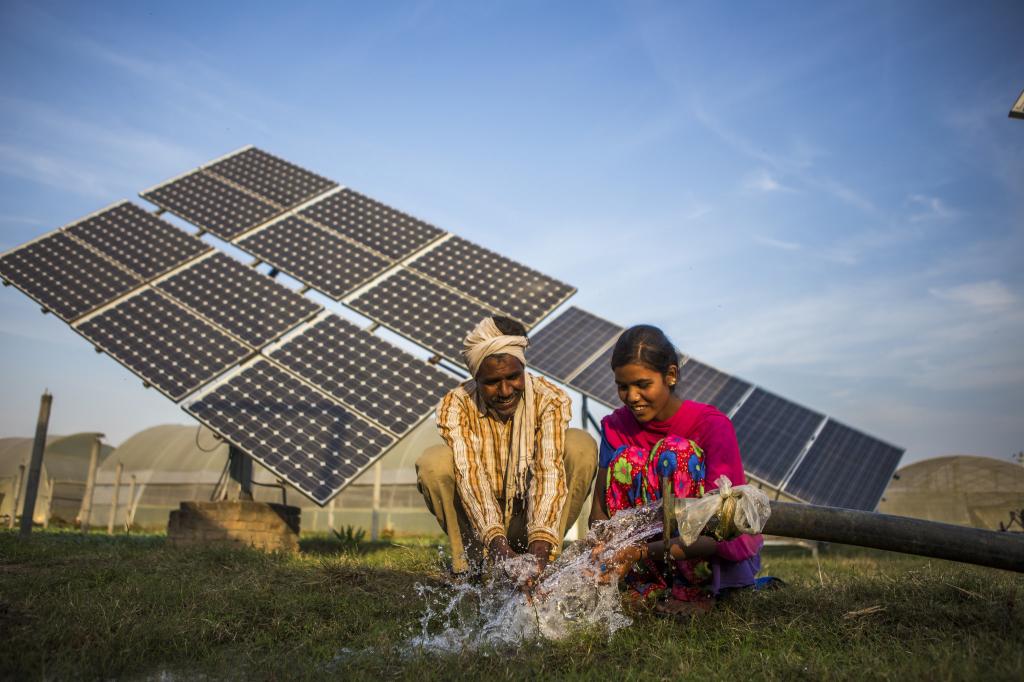In advancing Africa’s energy transition, Battery Energy Storage Systems (BESS) are seen as critical to ensuring reliable power supply from intermittent sources like solar and wind. However, insufficient investment and high technology costs remain major barriers to their widespread adoption.Africa is currently harnessing its abundant renewable resources, such as solar and wind, to provide energy for 600 million people lacking electricity access. While solar and wind capacity continues to grow, their intermittent nature makes energy storage a pivotal challenge. To address this, BESS has emerged as one of the most effective solutions.
BESS: Bridging Renewable Energy Gaps
Functioning like large-scale batteries, BESS stores surplus power during periods of high generation and releases it when production dips. A prime example is South Africa’s Kenhardt project, which deploys 456 container-sized battery units to provide 225 MW of storage capacity to the national grid, ranking among the world’s largest storage systems.
Despite similar projects being rolled out in countries like Senegal and Mozambique, Africa lags far behind global energy storage deployment trends.
Investment and Cost Challenges
High costs are a key deterrent to BESS investment in Africa. A report by British International Investment notes that BESS projects often require elevated electricity tariffs or government subsidies to ensure economic viability. Additionally, long-term performance risks of BESS technology concern investors.
However, technological advancements have driven lithium-ion battery costs down by 90% since 2010, with projections suggesting a further 40% decline by 2030. This cost reduction is expected to make battery storage competitive with conventional energy solutions in the coming years.
Breakthroughs in Mini-Grids and Diversified Strategies
BESS is not limited to national grids—it also supports decentralized mini-grids, which are vital for electrifying remote areas with inadequate transmission infrastructure. Through innovative financing mechanisms and policy incentives, such as tax breaks, subsidies, and streamlined approvals, Africa can attract more investors to this sector.
African nations could also learn from battery storage deployment experiences in India and Southeast Asia by strengthening regulatory frameworks to boost investor confidence.
Outlook
Despite challenges, Africa is approaching a “tipping point” as multiple BESS projects come online. With growing recognition of its technological value, battery storage is poised to become a cornerstone of Africa’s energy transition, helping bridge the continent’s energy access gap and achieve sustainable development goals.


